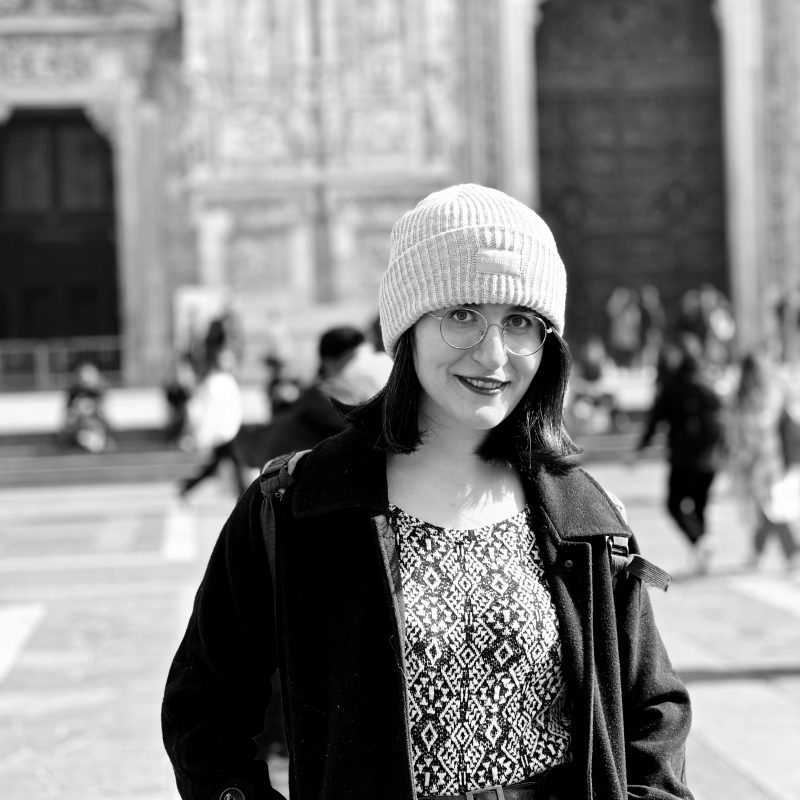
Why did you decide to study architectural engineering at Politecnico di Milano after your bachelor degree?
I was eager to further my studies but wanted to shift my focus from traditional architecture to a field more closely related to energy analysis. A friend who had enrolled in this program a year before me introduced me to it, and based on her experience, I realized that it aligned perfectly with my academic and professional aspirations. The program’s interdisciplinary approach and emphasis on sustainability and energy efficiency made it the ideal choice for my postgraduate studies.
What are the main opportunities that this Master Program offered to your personal and professional growth? What challenges did you encounter while studying in a foreign country?
This program has significantly enhanced my understanding of energy analysis and has allowed me to explore subjects beyond conventional architecture through a selection of optional courses tailored to my interests. Additionally, it has provided me with a strong interdisciplinary foundation, integrating sustainability, computational design, and façade engineering. These opportunities have not only expanded my technical knowledge but also improved my problem-solving skills, preparing me for a career in innovative and sustainable design.
Studying abroad presented several challenges, the most significant being the language barrier. Adapting to academic coursework and technical discussions in a non-native language required considerable effort. Additionally, adjusting to a new educational system and cultural differences posed initial difficulties. However, these challenges ultimately strengthened my adaptability, resilience, and ability to work in an international environment.
What are the main differences of studying in your home country and studying at Politecnico di Milano?
One of the most notable differences is the structure of the courses. At Politecnico di Milano, the curriculum is highly practical, requiring continuous engagement throughout the semester. Unlike my home country, where exams can often be passed with last-minute study, here, success is dependent on active participation and consistent learning. Furthermore, the opportunity to collaborate with international students has broadened my perspective and enriched my academic experience.